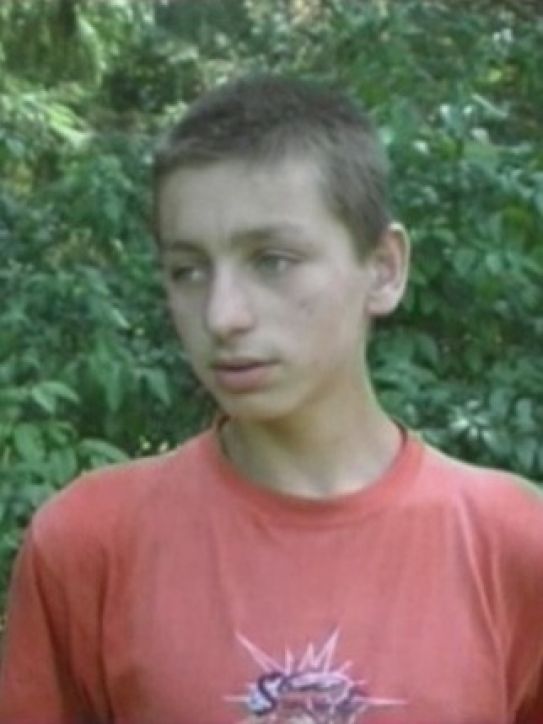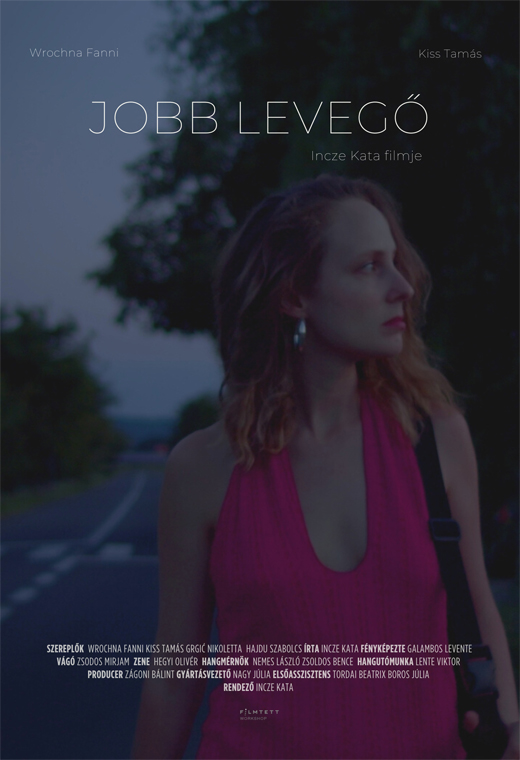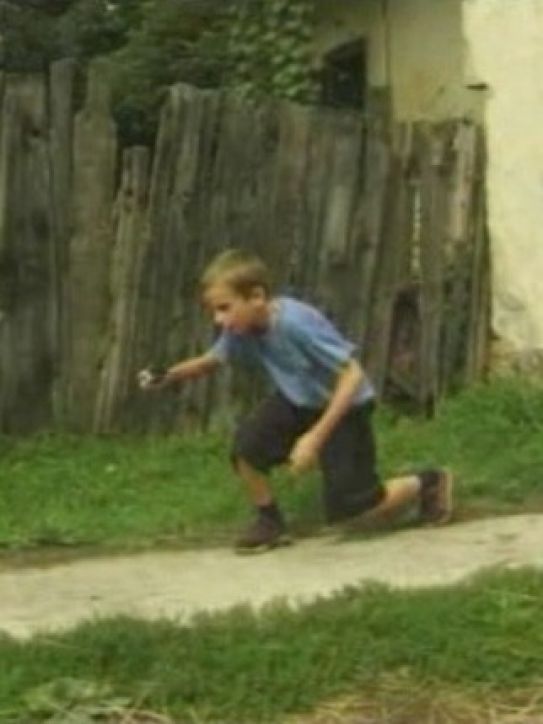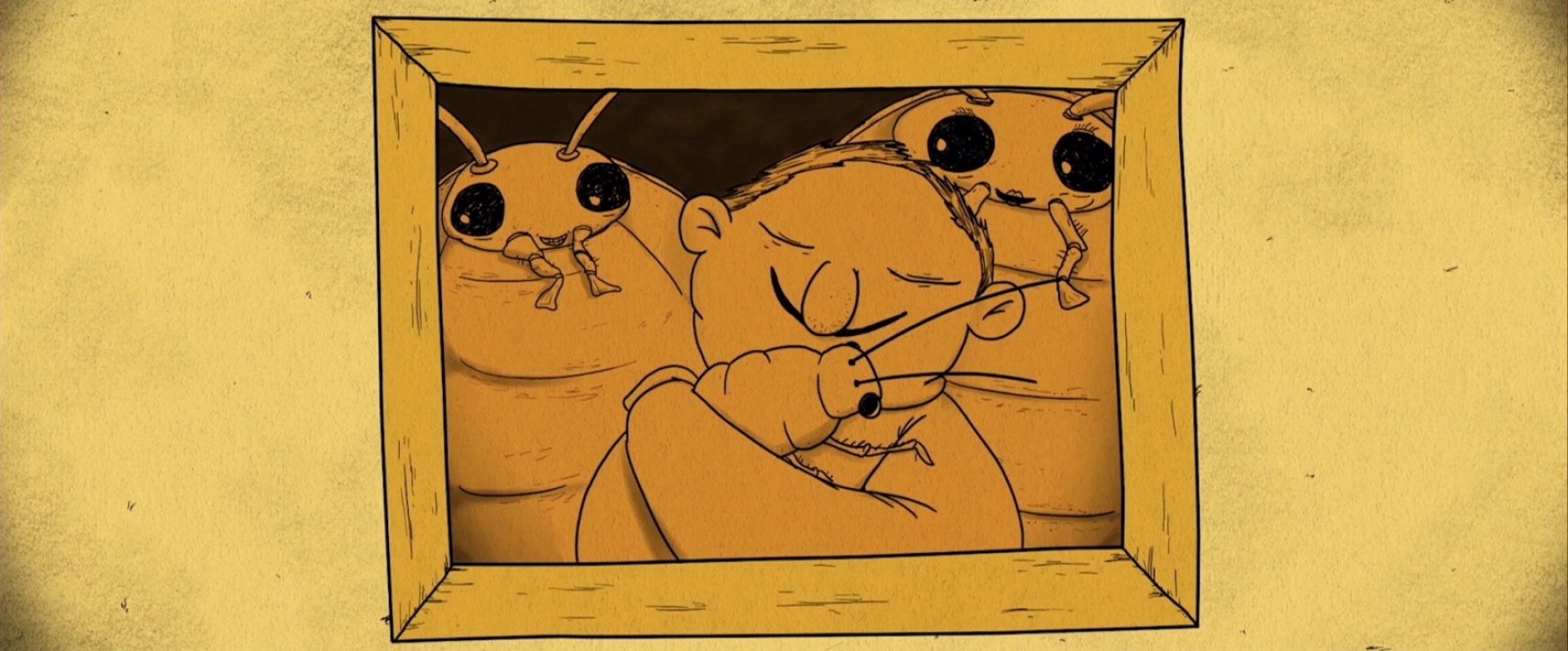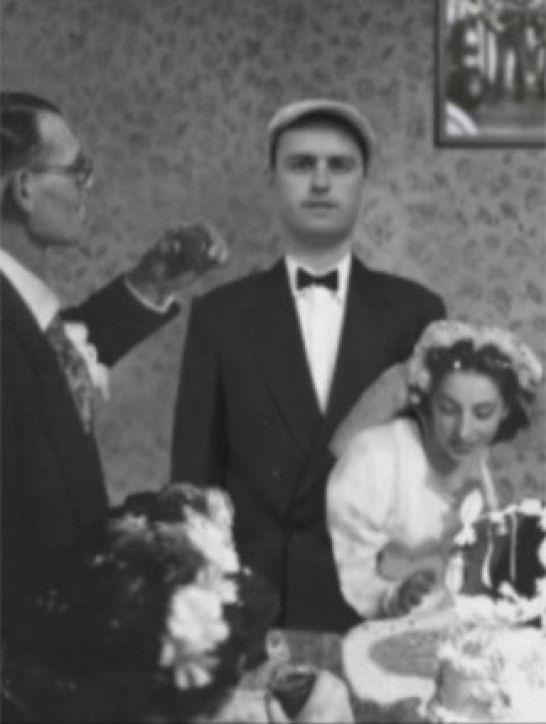Filmtett Workshop is the most important project of the Filmtett Association, an association created in 2000.
About Filmtett Workshop
We organized our film workshop for the first time in the summer of 2002, to complete the university curricula with this kind of non-formal education. With the help of our loyal partner for years, the two-time Palme d'Or winner Duna Műhely, we created a creative camp that offers young talents the opportunity to try different areas of filmmaking in groups. The nature of the camp has changed over the years: it has both a talent search and continuing education character; the goal is the transfer and expansion of professional knowledge, the completion of films that can be shown at festivals, and at the same time the establishment of professional relationships between the young camp residents in the hope of future cooperation.
Our mentors were (2002–2021): Zsolt Anger, Arthur Bálint, Máté Balogh, Móni Balsai, Csaba Bántó, György Báron, László Samu Bednárik, Tamás Beke, Attila Bertóti, Csaba Bollók, Melinda Boros, Zsolt Bredár, Kata Csánki, Sándor Cs. Nagy, Judit Czakó, László Csáki, Zsolt Csoma, András Dávid, Áron Deme, Áron Dimény, Tamás Dömötör, Zsombor Dyga, György Durst, Dániel Erdélyi, Gábor Ferenczi, Gábor Gelencsér, Vanda Gorácz, Szabolcs Hajdu, József Iszlai, Petra Iványi, Nándor Jakab-Benke, Róbert Juhász, Bea Kallós, Yvonne Kerékgyártó, Gábor Komlódi, Anna Kornis, András Kovács M., Norbert Köbli, Szabolcs Kővári, Róbert Lakatos, Réka Lemhényi, Balázs Lovas, Péter Benjámin Lukács, Beja Margitházi, Kozlowski Maciej, Gábor Marosi, Balázs Maruszki, Adamczyk Mateusz, Gábor Medvigy, Péter Mészáros, Áron Mezei, Géza M. Tóth, Viktória Nagy, Gergő Nagy V., György Pálfi, Szabolcs Pálfi, Tibor Pálffy, Zsolt Páll, György Pálos, Zsolt Pápai, Tamás Patrovits, Lenart Paul, Radu Vasile Igazság, József Rák, Zsófia Ruttkay, Lehel Salat, Árpád Sopsits, László Strausz, Iván Szabó, Csaba Szekeres, Tamás Székely, Kornél Szilágyi, Zsófia Szilágyi, Zsolt Tóth, Orsolya Török-Illyés, Zita Török, Károly Ujj Mészáros, Péter Vácz, Zoltán Vadon, Balázs Varga, Zoltán Varga, Attila Varró, Rudolf Várhegyi, Zsolt Vereckei, Tamás Vezsenyi, Teréz Vincze, Ágnes Völler, Wojtek Blaszczyk, Tamás Zányi.
Collaborators (2002–2021): Klára Buzogány, Kata Csánki, Ilona Deme, György Durst, Nándor Jakab-Benke, Samu Jakabffy, Enikő Kállay, Bea Margitházi, Iringó Tóth Gödri, Orsolya Tóth, Vera Vodál, Balázs Zágoni, Bálint Zágoni, Ágota Zakariás.
Contacts:
- email: tabor@filmtett.ro
- phone number:(+40)-728-262-023
- address: 400038 Cluj Napoca, Horea 4/18.
- YouTube channel: https://www.youtube.com/user/Filmtett
„These films tell us about the fact that their creators would like to reveal something about themselves. Even if they choose a pathetic or an epic story, the only thing that they have in mind is the thought:’This is who I am, this is my outlook on life, this is what I would like to say’, and probably they will face the fact that they were wrong, they lied, or the question ‘Is this really me?’ This is part of the learning process.” (György Pálfi, group of directors, 2005)
„The workload was huge during those ten days, all the participants got down to work, and taking into consideration that we worked from dawn till late in the night, this camp could be seen as a work-camp, as well.” (Dániel Erdélyi, group of directors, 2009)
“I walked around and monitored the participants’ progress and problems day by day, offering help. The ‘secret’ that had to be puzzled out was different from case to case. For example in the case of Attila Bertóti, who has been creating short animations for a long time, and we have already worked together before, and who graduated from film school, the secret of dramaturgy is not such a great challenge, but for the others the biggest secret lies in telling a story. You have to do something with the time, space, sound, story, and I suspected from the moment I read the screenplays that there would be some problems. Here we have to solve these problems in one or two days.” (Radu Vasile Igazság, group of short animation creators, 2009)
„This is a longer learning process as the producer’s or the production manager’s task is really complex: they have to deal with the costumes, props, make-up, setting, transport and catering. They have to work much more than a director or a DP, because this is both a psychical and economic activity. Of course our aim is neither to create producers or production managers from all these participants, nor to plead with them to become directors, actors or sound engineers.” (György Durst, group of producers and production managers, 2011)
„I proposed to the group to have 24 hours of stillness (from morning to morning). During the first part of the day we spent 4 or 5 hours in the forest. The atmosphere of this walk was fantastic: the first half an hour was awkward, but afterwards they started to be attentive. There was a period of about an hour when everybody concentraded on himself/herself, as we got tired and we decided to have a rest. We didn’t do anything, but sitting, it was a wonderful moment! This was followed by a phase when the participants started to communicate: they played with tree branches and they joined spontaneously each-other’s game. After getting back to the camp an other game started: with the speakers. It was interesting to observe their reaction: some of them started to speak more to us, there were people who joined our stillness, while others communicated less with us.” (Tibor Pálffy, group of actors, 2009)
„It is impossible to prepare beforehand for all the problems that can occur during the shootings. The task that we had to accomplish resembles a real film-making process, it cannot be dealt with indolently. The communication between the director and the DP, but also among the other members of the film crew is of utmost importance. They have to talk a lot before the filming starts, and it is good to have at least half a day to analyze the screenplays before bending to the task. It is not a problem if somebody makes a mistake during the shootings, because due to these mistakes one can discover or learn something.” (Arthur Bálint, group of cinematographers, 2010)
„Before the shootings we talked a little about the theoretical aspects of film editing, dramaturgy and framing. Furthermore we watched together a few fragments (in order to understand the concept of crossing the line), that would be analyzed afterwards. Their tasks varied from editing a trailer – for the Swedish horror: Let the Right One In – to creating a 30 second-scene out of 150 pieces of footage. We had a lot of work to do.” (Judit Czakó, group of film editors, 2011)
„While shooting a particular film I told the guys that they grabbed the bull by its horns, because it contained several scenes which became quite entangled in what the light and setup were concerned. Phisically it was extremely difficult find the suitable position for both the sound and the image. In this case we needed both of the sound crews, with two recording equipments, three microphones. It was difficult because if we placed the microphone with only 5 centimetres away, it would have left a shadow on the wall.” (Rudolf Várhegyi, group of production sound mixers, 2011)
„The film critic is a peculiar species. Even the logic of learning is different from the methods of the film crew, so the training in our group is completely different from all the other groups. In the previous years we organized our activities in two separate stages: in the morning the participants could attend lectures based on different films, or could deepen their knowledge through collective film analyses, and in the afternoon they had the chance to learn about the crafts of film publicism (conducting interviews, writing criticism) both in theory and in practice. Because of the fact that in reality these are two different jobs, the group had two team leaders, and by the end of the camping period we were able to fatigue our trainees. But, as the two stages are organically combined, all these had their reason: learning and enlarging the participants’ range of vision in the morning, and workshops and practice in the afternoon. Therefore we conducted a complex training (for which we were always envied by the other team leaders who couldn’t fit the theoretical aspects into their programme because of the load of practical work.) But I think that it is not possible, or more precisely it is not worth writng film criticism without knowing the theoretical bachground and without practice in film analysis.” (Beja Margitházi, group of film critics, 2009)





